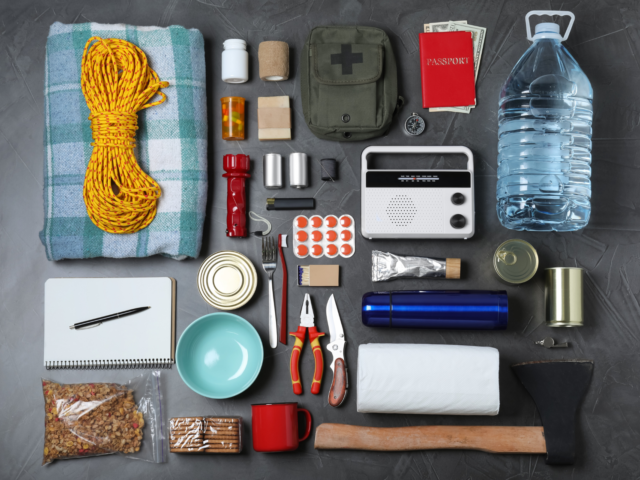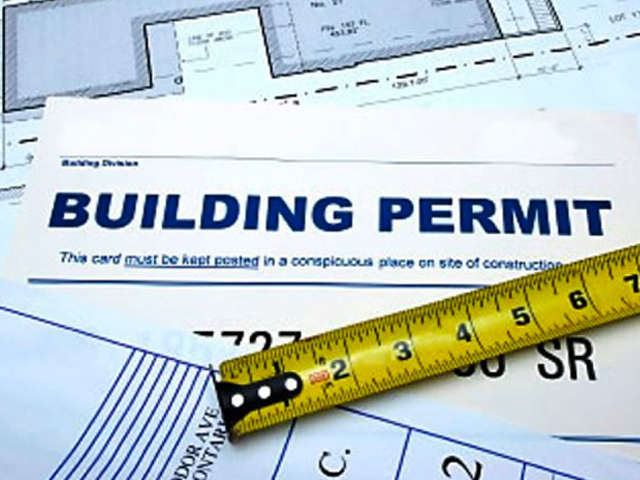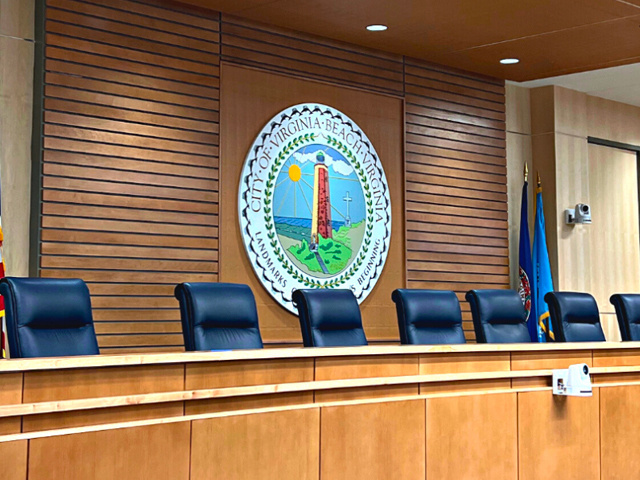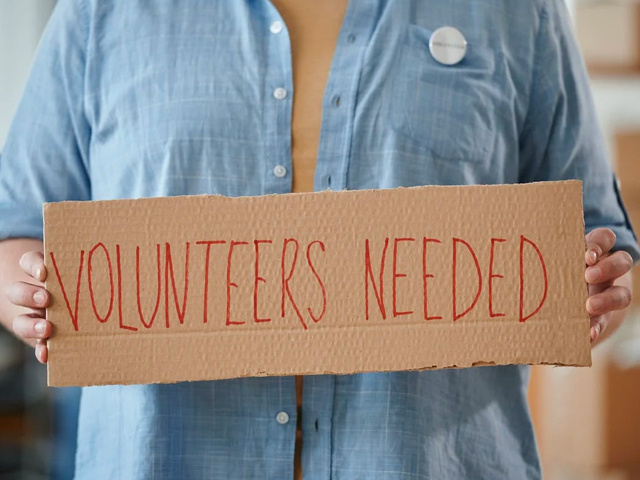Be In The Know
May 30, 2024
ReadyVB: 2024 Atlantic Hurricane Season Starts June 1
Here are five simple steps you and your family can take to prepare like a pro.

The 2024 Atlantic Hurricane Season forecast calls for above-average activity, with 17-25 total named storms (winds of 39 mph or higher, according to the NOAA National Weather Service). Of those named storms, eight to 13 are forecast to become hurricanes (winds of 74 mph or higher), including four to seven major hurricanes — category 3, 4 or 5.
The Atlantic hurricane season officially runs from June 1 to Nov. 30 each year. Now is the time to stay ahead and informed. Here are five simple steps to ensure you and your family are prepared during an incoming storm or hurricane.
1. Stay Informed with VBAlerts and Other Emergency Notifications
- Residents can sign up for VBAlert, the City's emergency alert and warning system. Messages are automatically sent to landline telephones in affected areas of the city. For mobile-only users to receive public safety messages by text or email, you must register as a new user online or text “VBAlert” to 67283. An alert might include notices such as severe weather watches and warnings, evacuation announcements, rabid animal alerts, boil water advisories or major traffic disruptions.
- Emergency notifications and information are posted on the City’s social media platforms, Facebook, X (Twitter), Nextdoor and Instagram. Be sure to follow @CityofVaBeach. The City’s website, VirginiaBeach.gov, is another excellent place to find emergency preparedness information and alerts.
- TV and radio are other platforms that the city will use to share information and emergency notifications. VBTV Cable Channels — Cox Channel 46, 47 and 48 and Verizon Channel 45, 46 and 47 — provide emergency information including the City's operational status and facilities closure notices. The City also sends updates to the news desks of the local public television stations. NOAA Weather Radio provides continuous broadcasts of the latest weather information from your local National Weather Service office 24 hours a day and seven days a week.
- You can also familiarize yourself with National Weather Service (NWS) alerts and warnings, which provide critical information during storms. Visit the NWS website to understand hurricane and tropical storm watches, warnings, advisories and outlooks. Have multiple ways to receive weather alerts and notifications, such as turning on Wireless Emergency Alerts (WEAs) in your smartphone settings and keeping a NOAA Weather Radio tuned to your local emergency frequency.
2. Create an Emergency Kit
As part of your hurricane preparedness plan, assemble an emergency kit with essential supplies to sustain you and your family for at least 72 hours. The kit should include non-perishable food, bottled water, flashlights, batteries, a first aid kit, a battery-powered or hand-crank radio, extra medications, personal hygiene items, cash, important documents, and extra clothing. VirginiaBeach.gov/ReadyVB has a wealth of information to help you build an effective emergency kit, how many to make, and where to store them.
3. Make a Family Communications Plan
Don't just hope you will know how to contact one another after a disaster hits. Plan on it. Ideally, this is done before hurricane season starts. Create a family communications plan to ensure everyone knows who to contact and how to reach them in case of separation or communication disruptions. Determine a designated meeting point and establish alternative methods of communication. Keep important contact information with your emergency supply kit. VirginiaBeach.gov/ReadyVB provides guidance on this as well.
Don’t forget to add your pets into your family's emergency preparations and evacuation plans. Follow these tips with your furry friends in mind.
5. Review Your Insurance Coverage
Reviewing your insurance coverage to ensure you have adequate protection is crucial. Most homeowners’ insurance policies do not cover flood damage, so consider purchasing flood insurance. Remember that flood insurance typically takes 30 days to become effective, so apply as soon as possible.
Be sure to look into coverage under the National Flood Insurance Program (NFIP). Document your property in advance, including photographs, to facilitate the insurance claim process if necessary. Remember that the value of your home will change from year to year. Be sure to update your policy annually to reflect its current assessed value.
More Resources
The City’s Emergency Management has created the ReadyVB campaign to educate and engage the community on hurricane preparedness before a storm hits.
Residents can find valuable resources and information on how to prepare for an emergency before, during and after (or recovery) at VirginiaBeach.gov/ReadyVB.
The City of Virginia Beach Emergency Management team promotes a comprehensive emergency management program to mitigate Virginia Beach's impacts from man-made, natural or technological disasters. Learn more at VirginiaBeach.gov/ReadyVB.











